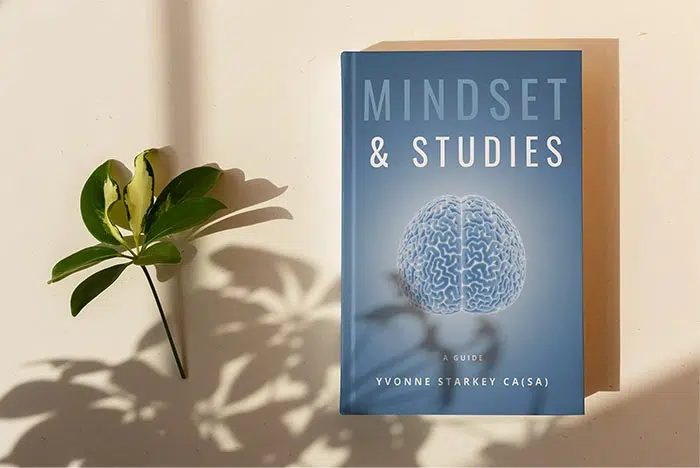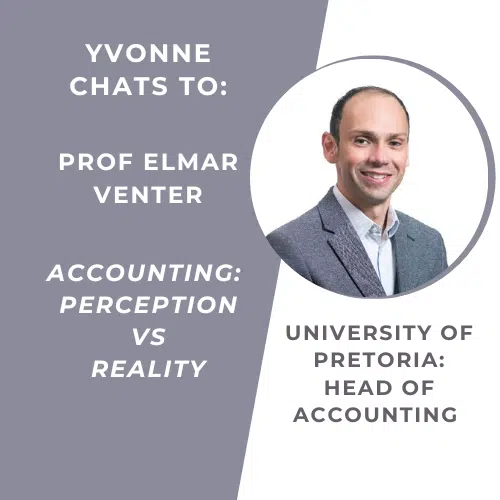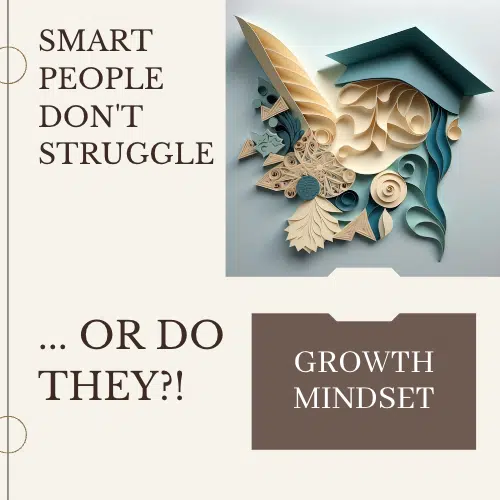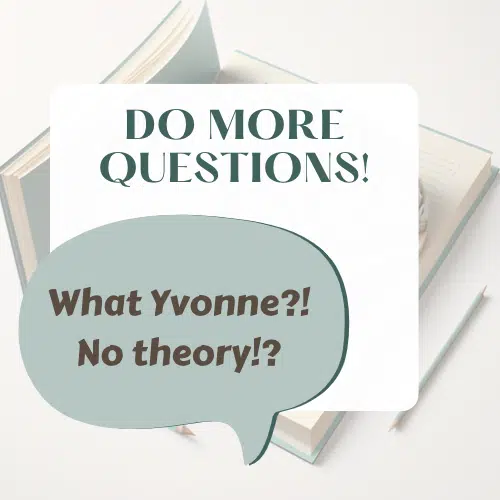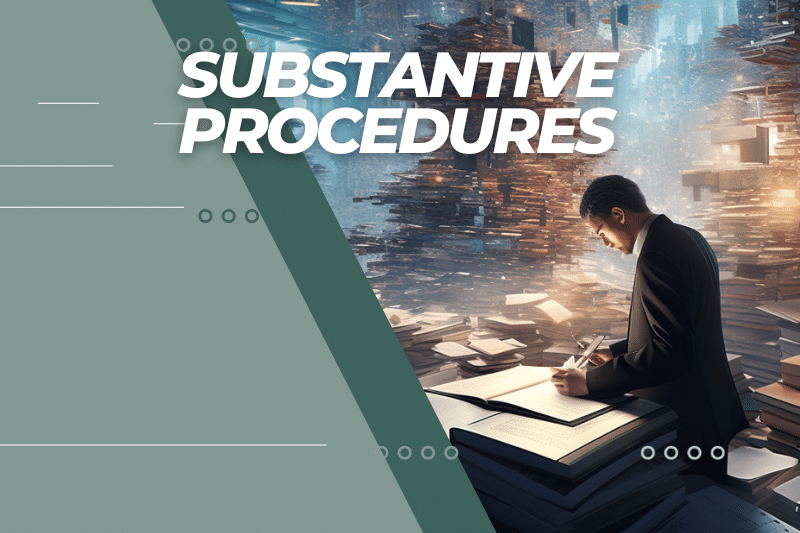Should you leave questions until AFTER you're finished studying?
As part of my work with accounting students on their Study Strategy, this is a topic we discuss at length, as part of our discussion around how to make study sessions more effective, and improve exam performance.
I’m writing a series of articles explaining a few reasons why I give the advice I do to the students I work with.
Here are the others:
Before I get into the actual advice, I want to discuss WHY you need to think of, and challenge your thinking and approach. What stuff should you keep in mind as you’re considering your study approach?
If I’m asking you to change the way you do things, I’m going to explain WHY I want you to rethink stuff.
Challenge your thinking around studying.
I want you to read these articles and really think about the content. Interrogate YOUR beliefs and approaches.
If you still feel that your approach is best… you’ve lost nothing, but have logically confirmed that you’re aligned with your goals.
If you feel that you need to change, you’ll know that you’ll realign yourself with the outcomes of your goals and be better off.
Either way, this is a good habit to get into.
What do I want you to THINK of?
Your studying shouldn’t be ‘cult’ thinking. Challenge what you hear, know, do, believe. Be open to change, new ideas, realigning your habits. You may agree or disagree… that’s cool. But THINK.
Some stuff to consider as you think about your studying:
(This is not just for THIS discussion… but your study approach in general)
- What’s the source of the advice?
- Is it a credible source? Qualified and experienced to give the advice?
- Someone who’s still doing the same level as you, and is basing their advice on what they’re doing?
- Does the source benefit from your ultimate decision? (What’s their incentive to influence you?)
- Are you comparing apples and oranges? Are you aware of how their situation is similar and different to yours, which might impact the relevance of their advice for you?
- Are you being logical? Or emotional?
- Our reaction to advice is NOT just logical. We lean towards advice that makes us feel more comfortable, and we resist advice that means discomfort, change or something new.
- We stick to habits we’ve used in the past, because it’s comfortable, it’s what we know, and we DON’T like change.
- We also prefer advice that means ‘quicker’ wins. Shortcuts, study hacks. Not always good for the long-term goals you have
- This is especially true when we’re already under stress. There’s already SO much to deal with… MORE change is NOT welcome!
- Is your approach relevant?
- If it’s worked in the past, will it continue to work in the future?
- The world, technology, society, your exam outcomes and styles have changed, and continue to change. Are YOU changing? Should you be changing?
You don’t have to agree with EVERYTHING you hear. You may feel it’s not right for you now, and realise that it’s right for you next year. You may agree with your lecturer / mentor / colleague / fellow student / someone else in some areas, and not others.
All of this is fine… the key here is to get used to interrogating your thinking, and engaging with ideas, insights and information… even if you don’t really agree. Decide for YOURSELF.
Have you heard the term ‘Unlearn’?
This term didn’t exist 10 years ago! It’s a response to the reality we’re living in. Change happens so fast, that what we did and knew last year, may not be true, relevant or helpful now.
The issue at hand?
Do you START studying a topic by learning the theory?
OR do you start by doing questions?
What are the Outcomes?
By ‘outcomes’, I mean THREE things:
- What do you need to be able to do / know in order to pass your exams?
- What do you need to know / do to prepare for passing the next level of exams? (So that you don’t start the next year ALL OVER again)
- What do you need to be able to know / do as a professional in the workplace?
If you’re focussing on ONE of these only, you’re not understanding the purpose of WHY you’re learning the stuff anyway. If your ONLY focus is to pass THIS exam, then you’ll never take the value from the learning that’s intended.
NONE of your topics are shoved into your syllabii ‘just because’. EVERY topic is there for a reason. To prepare you for a skill or knowledge that will be required of a professional in your industry.
Your exams (especially at higher levels) are intended to simulate that professional environment. To examine whether you can help clients with the knowledge you have.
So, when you start each topic, do you know how this is related to a professionals’ work? How and why a professional would need to know this?
The best way to visualise this, is to see the types of questions that are asked. This helps you see the practical use of the topic you’re going to learn, and as you learn it, you have in mind the practical USE of this in the future.
This has the added advantage of making the topic feel more real and connected to your career, as opposed to something you’re learning because your lecturer hates you and wants you to cry yourself to sleep at night.
When you look at questions, think of yourself as the professional on the other side of the table. The case study and required is the problem your client brings you. Do you have the knowledge and skills to help them? Do you know what skills and knowledge you’re going to need?
(This ties into the ‘Explore the Obstacle Course’ point, the ‘Know vs Do‘ point, and the ‘Elon Musk says so’ point included other articles in this series)
So what?
Think of how you currently study.
Are you learning the topic, the knowledge, the details, the formulae in a vacuum? Have you even LOOKED at the outcomes at the beginning of the chapters? Or do you jump straight into the details?
Once you’re done with your theory studying, are you able to help clients with the stuff you’ve learnt? Or is your head mainly filled with lots of knowledge, but not much ability or visualisation of how it would apply in your professional life and the types of situations this knowledge would be relevant for your clients?
Doing questions before you start helps you visualise HOW you’ll be expected to help clients with this knowledge. It helps you understand where and why and how this knowledge will be relevant. Under what circumstances, what types of problems will this knowledge be used for?

